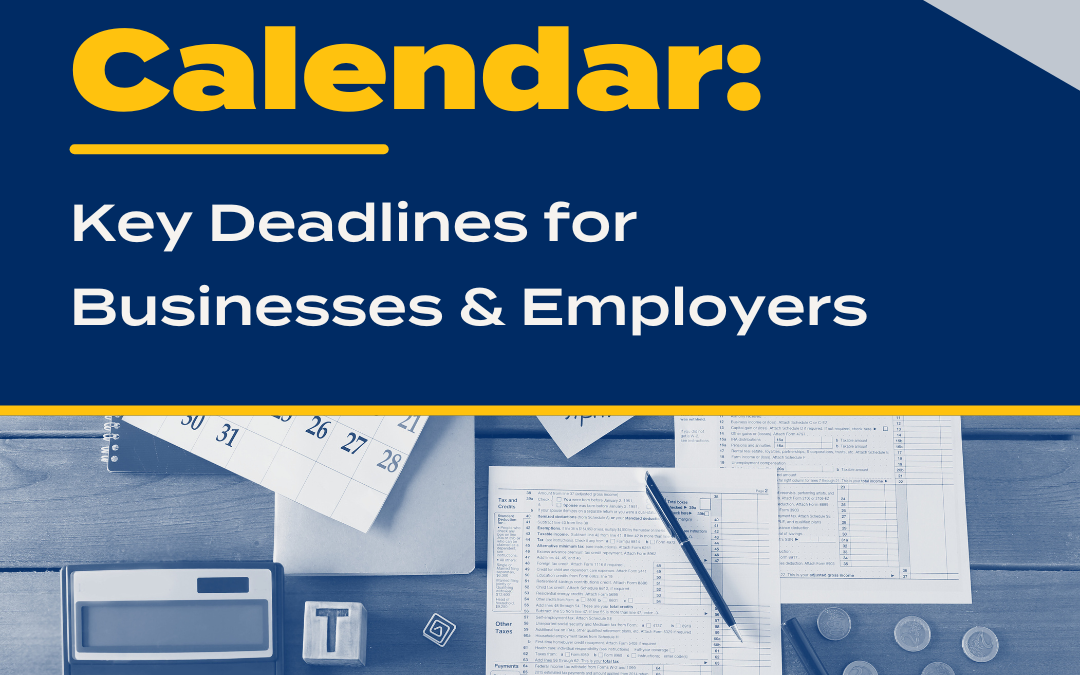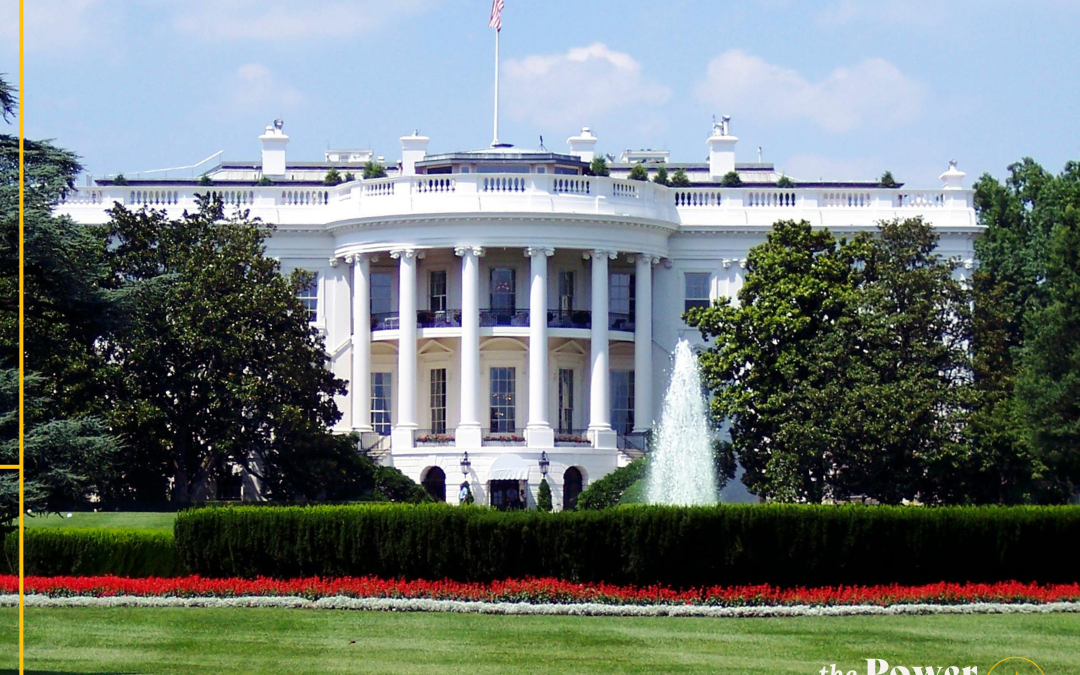What is Environmental, Social and Governance (ESG) Investing?
ESG investing refers to a set of standards for a company’s behavior used by socially conscious investors to screen potential investments. ESG investing is seen as a way of investing “sustainably” where investments are made with consideration of the environment and human wellbeing, as well as the economy. It assumes that the financial performance of organizations is increasingly affected by environmental and social factors.
Are ESG Investments Allowed in 401(k) Fund Lineups?
During 2020, the Department of Labor (DOL) published final rules on “Financial Factors in Selecting Plan Investments” and “Fiduciary Duties Regarding Proxy Voting and Shareholder Rights,” (hereinafter “2020 Rules”) which adopted amendments to the investment duties regulation under Title I of the Employee Retirement Income Security Act (ERISA). These amendments became effective in January of 2021. The amendments require plan fiduciaries to select investments and investment courses of action based solely on consideration of investment-related factors, such as risk and return. These rules disallowed employers from considering ESG factors when selecting investments and explicitly disallowed employers from automatically enrolling workers into an ESG-focused fund.
Following the publication of the 2020 Rules, the DOL heard from a wide variety of stakeholders, including asset managers, labor organizations and other plan sponsors, consumer groups, service providers and investment advisers. They questioned whether the 2020 Rules accurately reflected the scope of fiduciaries’ duties under ERISA to act prudently and solely in the interest of plan participants and beneficiaries. The stakeholders also questioned whether the DOL unnecessarily rushed the rulemaking and failed to consider and address the substantial evidence submitted by public commenters on the use of environmental, social and governance considerations in improving investment value and long-term investment returns for retirement investors. In addition, the DOL heard from stakeholders that the rules, and investor confusion about them, have had a chilling effect on appropriate integration of ESG factors in investment decisions. Some stakeholders further expressed concern that under a special rule, funds could be excluded from treatment as qualified default investment alternatives (QDIAs) solely because they expressly considered climate change or other ESG factors, even though the funds were prudent based on consideration of their financial attributes alone.
Subsequent to the feedback received, Executive Order (E.O.) 13990 was signed January 20, 2021, directing federal agencies to review regulations promulgated, issued, or adopted between January 20, 2017, and January 20, 2021, and evaluate the need for them. In addition, as part of the review, the DOL was directed to publish further guidance on the 2020 Rules. Until the publication of further guidance, the DOL will not enforce the 2020 Rules or otherwise pursue enforcement actions against any plan fiduciary based on a failure to comply with those final rules with respect to an investment, including a QDIA, investment course of action or an exercise of shareholder rights.
Future of ESGs in 401(k) Plan
For the moment, plans that have added or want to add ESG funds face fewer headwinds than in the past but the regulatory approach toward sustainable investing may shift in the future. Plan sponsors can prepare for potential change by documenting the reason behind choosing a particular investment, continuing to prioritize economic benefits when making investment selections, and monitoring investment performance to keep plans compliant with more stringent regulations if they are reintroduced.
The Employee Benefit Plan audit and consulting professionals at Hawkins Ash CPAs are available. Please reach out to our team with questions.





